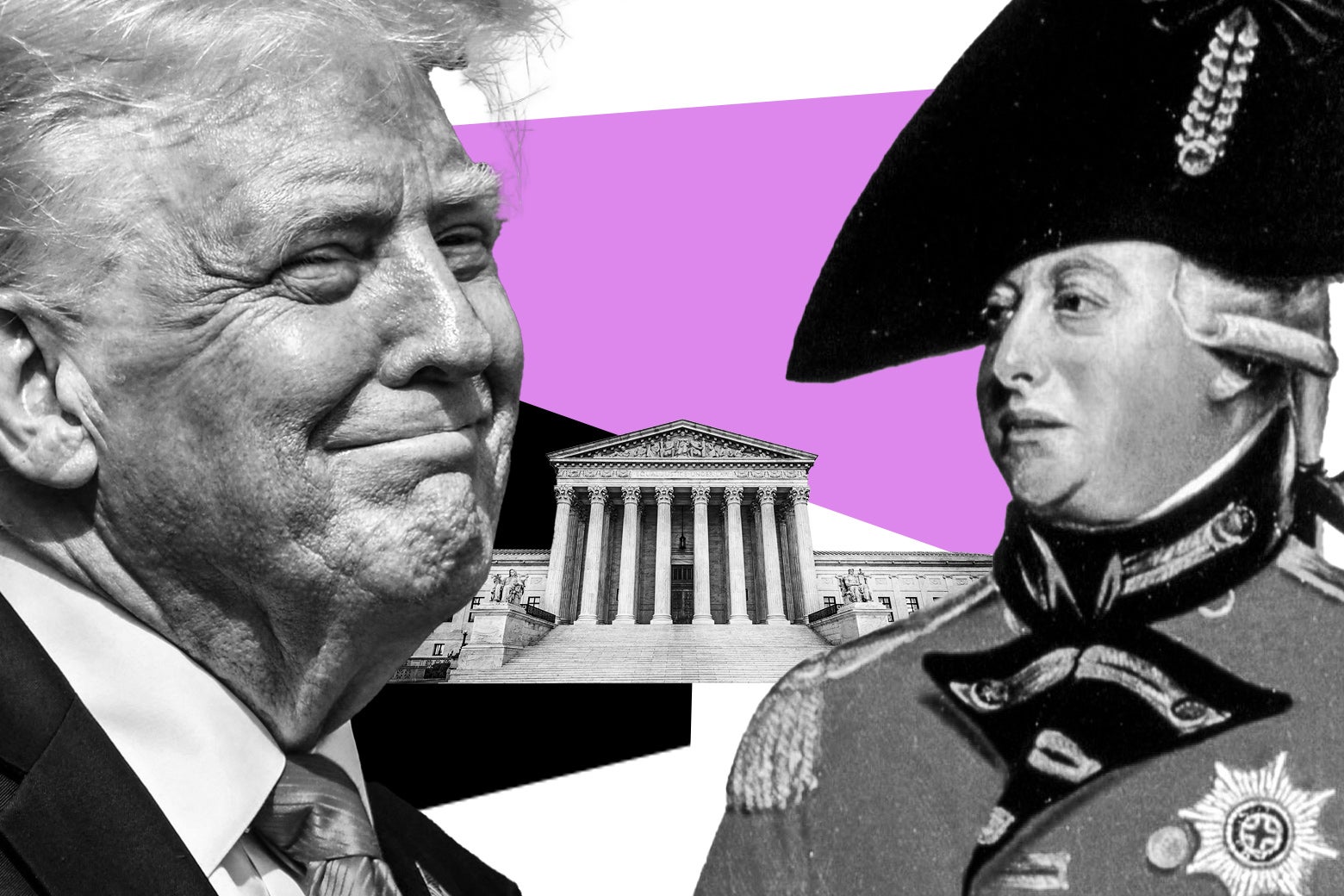Assessing Trump’s Disparity from Declaration of Independence Principles
On the occasion of July 4th, all Americans are entitled to a leader capable of expressing the ideals encapsulated in the Declaration of Independence, as well as leading in accordance with these principles. In a recent White House dialogue, President Trump was seen with a printed version of the 1776 Declaration of Independence. He was questioned as to what this iconic document signified to him. The president responded affirmatively, highlighting its role as a declaration and its representation of respect, unity, and love. He emphasized its significance and unique value to the entire country.
Regrettably, his inability to relay a significant insight on the foundations of our nation, as depicted in our historic document, offered more harm than good. His actions in the first five months of his tenure overlooked the essential principles declared by the Second Continental Congress on July 4, 1776. Let’s illustrate with several examples: Despotism: Trump’s governance style is closer to that of a monarch than a democratic leader. His actions align more with Britain’s King George III and less with George Washington.
The president appears to crave the kind of unchecked power King George once possessed. He honors the judicial branch of government only when it aligns with his views. He is seen labeling judges who stand their ground in accordance with law enforcement as ‘corrupted’, ‘crooked’, or ‘left-wing extremists’. His administration flagrantly disregards court orders to halt the deportation of immigrants, circumventing their right to due process.
In a manner akin to King George, President Trump prioritizes the ‘Military independent of and superior to the Civil power’. He has authorized an undercover army of unidentified operatives who seize people off our streets without any warrant.
Trade: Tariffs imposed mirror the taxes that birthed the Boston Tea Party. Trump has reintroduced this ‘mercantilist’ practice by elevating tariffs to a level unseen in the past century. His belief that by increasing exports over imports the US economy will thrive, echoes King George’s erroneous perception of trade as a zero-sum game.
Economists globally reject this approach as it undermines the fundamentals of trade – a mutual benefit situation where each party focuses on proficiently producing what they need while trading for what they don’t.
While Trump’s economic policies differentiate from King George III’s ‘duties,’ they result in similar outcomes: heightened prices for the population. President Trump pledged to deliver 90 trade deals within 90 days, yet with less than a week remaining until the deadline, only a single ‘outline’ of a deal has been presented.
The tariffs and his confrontational style have only yielded unpredictability, leading to interruptions in trade. The American Action Forum’s economists predict that Trump’s approach to trade could cost an average family between $1700 – $2350 annually.
Immigration: Similar to colonial days, America grapples with a labor shortage. The President, through his directives, expels immigrants who constitute nearly 20% of the country’s workforce. These immigrants often are engaged in the most strenuous, least preferable jobs. This crackdown on immigrants is causing labor shortages in sectors including agriculture, construction, and tourism.
Just as the colonists encouraged immigration to spur economic growth, today’s immigrants continue to fuel economic expansion. The adverse immigration policies aren’t just inhumane, they hamper economic progress.
Equality: Trump’s reported budget endorses economic disparity. In making the thirteen American colonies independent from the British monarch, Americans opposed the existing structures of inequality that had long governed human affairs. However, the proposed budget from Trump seems to foster stark political inequality, undermining the promise of the declaration.
As we celebrate July 4th, the presiding message isn’t only to commemorate the day, but also to reflect on the leadership of this nation – its ability to expound the meaning of the Declaration of Independence and to govern in line with these principles. It is safe to infer that the distinctive elements of despotic rule, trade control, immigration policies, and economic disparities, as highlighted above, bear testimony to the areas where the current President’s approach deviates from the core American ideals.
From a broader perspective, the objective is not merely to critique, but to provoke thought and encourage continual adherence to the principles that underpin the founding of the nation. The ultimate essence of national celebration is not confined to the fanfare and protocol; it should also spur introspection and inspire substantial value-add to the country’s evolution.
In that light, it is evident that the celebration of July 4th should ignite conversations about the leader who can both appreciate the true intent of the Declaration of Independence and rule in accordance with its principles. That holds paramount to maintain the promise and integrity of the United States.
While the devotion to national pride and unity remains integral to the celebration of July 4th, it’s also a time for contemplation on a way forward that upholds both the essence and the principles of the Declaration of Independence. The goal is to encourage dialogue and action that ensures an alignment between governance and the country’s foundational values.

